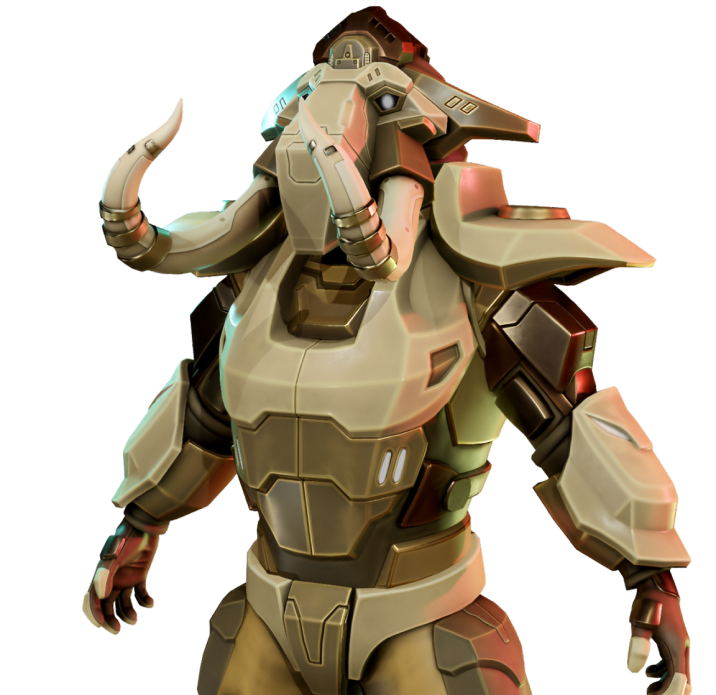The gaming industry is undergoing a transformation with the rise of custom NFT game development. Unlike traditional games where developers control in-game assets, NFT-based games allow players to own, trade, and monetize digital assets securely on the blockchain.
By leveraging non-fungible tokens (NFTs), developers can create unique virtual economies that offer real-world value, promote decentralization, and enhance player engagement. But what goes into developing a successful NFT game, and how can developers ensure security and sustainability?
In this article, we explore the fundamentals of custom NFT game development, the technologies behind it, and how developers can build unique and secure in-game economies.
1. What Is Custom NFT Game Development?
Custom NFT game development involves designing and implementing blockchain-based games where in-game assets—such as characters, weapons, land, and skins—are minted as NFTs. These NFTs:
- Provide real ownership – Players can buy, sell, or trade assets outside the game.
- Ensure rarity and uniqueness – Smart contracts define limited supply.
- Enable play-to-earn (P2E) mechanics – Gamers can monetize their skills and assets.
2. The Role of NFTs in Virtual Game Economies
NFTs power decentralized virtual economies by offering:
A. True Digital Asset Ownership
Players actually own in-game items, unlike traditional games where developers can revoke access.
B. Play-to-Earn (P2E) Models
Gamers earn tokens or NFTs by completing quests, battling other players, or staking assets.
C. Cross-Game Asset Interoperability
NFTs can be transferred between multiple games, allowing for shared economies.
D. Limited Edition & Collectible Items
Developers can create rare, exclusive items that increase in value over time.
3. The Technology Behind Custom NFT Game Development
Developing an NFT-based game requires a robust blockchain infrastructure and advanced game mechanics.
A. Choosing the Right Blockchain for NFT Games
Each blockchain has different features, fees, and scalability options:
- Ethereum – Most popular but high gas fees
- Polygon – Faster transactions, low fees
- Binance Smart Chain (BSC) – Affordable transactions
- Immutable X – Zero gas fees for NFT minting
B. Smart Contracts for Secure Transactions
Smart contracts automate and secure NFT transactions, ensuring:
✔️ Transparency – Code-based rules define asset ownership.
✔️ Immutable Data – Assets cannot be altered or duplicated.
✔️ Automated Royalties – Developers earn from secondary sales.
C. NFT Marketplaces & Wallet Integration
To facilitate NFT trading, developers integrate:
- Wallets (MetaMask, Trust Wallet)
- Marketplaces (OpenSea, Rarible)
- Auction & Bidding Systems
4. Custom NFT Game Development: Key Steps to Success
Step 1: Game Concept & Economy Design
- Define the genre (RPG, strategy, P2E, trading card game).
- Plan the in-game economy (tokens, rewards, NFT utility).
Step 2: NFT Asset Creation & Smart Contracts
- Design 3D characters, weapons, skins, and environments.
- Develop smart contracts for ownership verification.
Step 3: Blockchain & Marketplace Integration
- Choose a scalable blockchain solution.
- Set up an NFT marketplace for trading items.
Step 4: Game Development & Testing
- Use Unreal Engine, Unity, or custom engines for development.
- Implement wallet and NFT authentication.
Step 5: Security Audits & Launch
- Perform smart contract audits to prevent hacks.
- Launch beta versions for user feedback.
5. Overcoming Challenges in NFT Game Development
A. Scalability & Gas Fees
- Problem: High transaction costs can limit accessibility.
- Solution: Use Layer-2 solutions like Polygon or Immutable X.
B. Security & Fraud Prevention
- Problem: Smart contract vulnerabilities can lead to exploits.
- Solution: Third-party security audits (CertiK, OpenZeppelin).
C. Regulatory Uncertainty
- Problem: NFT regulations vary across countries.
- Solution: Work with legal experts on compliance.
6. Future Trends in Custom NFT Game Development
The next evolution of NFT gaming will focus on:
- Metaverse Integration – Virtual worlds with real economies.
- AI-Powered NFTs – Intelligent, evolving NFT characters.
- Cross-Chain Interoperability – NFT assets moving between blockchains.
- AAA NFT Games – High-budget, visually stunning blockchain games.
Conclusion: The Future of NFT-Powered Gaming
Custom NFT game development is reshaping the gaming industry by offering decentralized ownership, play-to-earn mechanics, and real-world value. As blockchain technology matures, NFT games will become more scalable, secure, and immersive, bridging the gap between gaming and the digital economy.
For developers, the key to success lies in creating sustainable, secure, and engaging virtual economies that benefit both players and creators.
###BlockchainGames #PlayToEarn #CryptoGaming #Metaverse #GameDevelopment #NFTMarketplace #FutureOfGaming #SmartContracts





Leave a comment